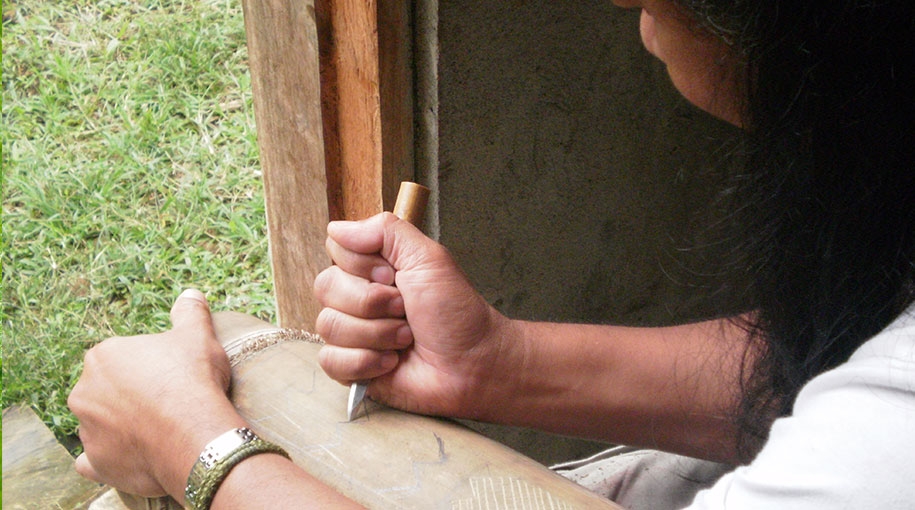How do our indigenous brothers and sisters from Asia address climate change? Examples from Asia, from Asia, Africa and Latin America, as indicated below:
1. Case Studies of Indigenous peoples and contributions to nature-based solutions (NBS) and Climate Change Response through Indigenous peoples customary governance and knowledge systems
Note: Research studies were coordinated by Tebtebba with researchers/consultants of Elatia partners from May to December 2021. (Note: E-publications by Tebtebba on March, 2022) with support from the Climate and Land Use Alliance (CLUA)
1.1. Collective Nature-based Solutions of the Dayak Indigenous Peoples in Sanggau and Ketapang Districts of West Kalimantan, Indonesia by Krissusandi Gunui, Executive Director, Institute Dayakology (ID)
The Dayak people from the communities in West Kalimantan, namely, the Tiong Kandang and Tampun Juah and the Jalai and Kendawangan located in Sanggau and Ketapang Districts, of West Kalimantan demonstrate that indigenous and local knowledge (ILKs) are models for sustainable use and management of their lands and natural resources including their forest ecosystems. Their indigenous local knowledge (ILK) are considered as nature-based solutions, which has been developed over generations to provide guidance to live in harmony with nature and maintain balanced relationship between people and nature. These are also relevant in addressing the environmental crisis brought about by climate change. The emergence of COVID 19 raised a new awareness of how local wisdom or ILKs can be utilized in resolving the current issues on climate change and the health crisis.
The knowledge of indigenous communities existed and developed as they use everything available in their environment. This knowledge originated from the values and beliefs transmitted from their ancestors such as the observance and practice of the principles of the Seven Fortunes. The principles of the Seven Fortunes relate to their natural resource management and self-determined development. These principles are diversity and sustainability, cooperation and togetherness, organic and naturalness, rituals and spirituality, process and effectiveness, domestic and subsistence, and customary law and locality. All these principles have been manifested by the communities in their interaction with nature and their management of natural resources, such as their forest ecosystem.
For full document, download attachment.


